The absence of a humanizing approach and historical/political context in curricula addressing health disparities contributes to the perpetuation of race-based medicine. 🚫🩺
This approach presents health disparities as hard facts or merely scientific/biological evidence, neglecting the psychological, emotional, and intellectual harm it inflicts on BIPOC individuals who bear witness to the dehumanization of their experiences and the effects of inequities in their own lives and families. This omission and avoidance not only cause harm but also undermine psychological safety within the learning and training environment, even . 😥🚧
The repercussions are far-reaching, as lecturers who omit the social and historical context of disparities contribute to an environment where knowledge is tested and assessed by individuals who may openly acknowledge their lack of education about inequities. This further compounds the harm caused, perpetuating a cycle that dismisses the lived experiences and knowledge of marginalized communities. 🔄📚
To address these gaps and foster a more inclusive learning and training environment, it is imperative to incorporate a comprehensive and nuanced understanding of health disparities. This includes recognizing the social, historical, and political determinants of inequities and their impact on individuals and communities. By integrating these essential perspectives, curricula can promote a more accurate and compassionate understanding of health disparities while fostering psychological safety for all learners. ✨📖
Furthermore, it is essential to ensure that assessments and evaluations are conducted by individuals who are well-informed about inequities and are equipped to assess learners' knowledge and understanding within a comprehensive context. This helps avoid perpetuating bias and ensures a fair and equitable assessment process. ✔️📝
By embracing a humanizing and comprehensive approach to health disparities, curricula can mitigate the perpetuation of race-based medicine, promote psychological safety, and empower learners to become advocates for equitable healthcare practices. It is crucial that institutions prioritize these changes to create an inclusive learning and training environment that values and respects the experiences, knowledge, and expertise of marginalized communities. 🌍🤝💙
⚖️🔒💪

